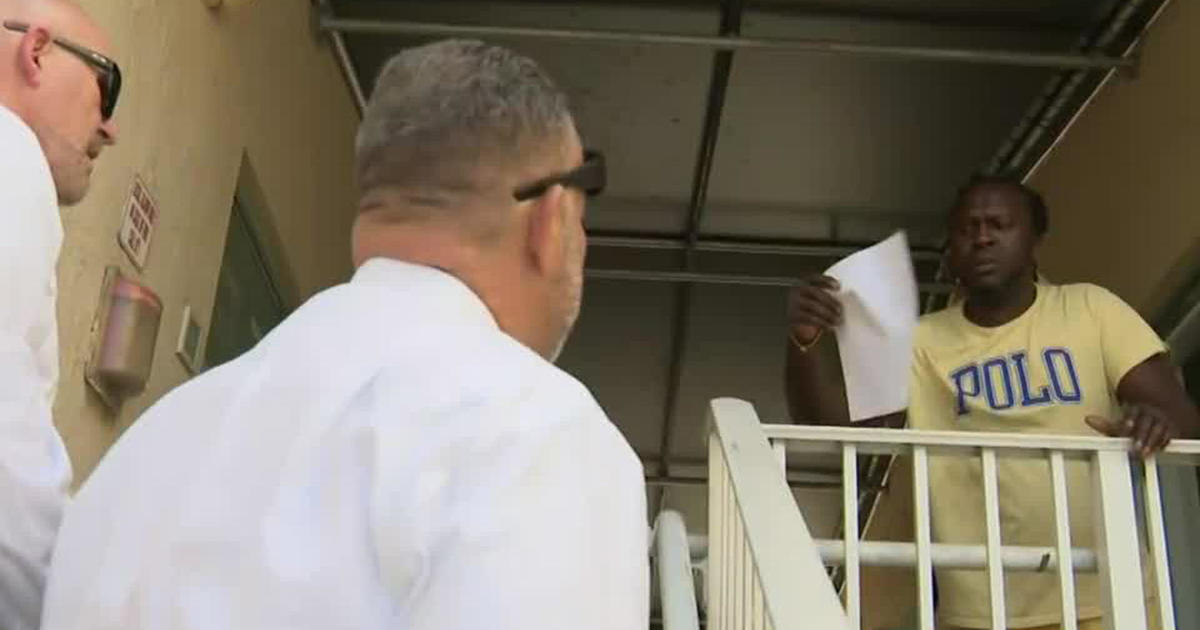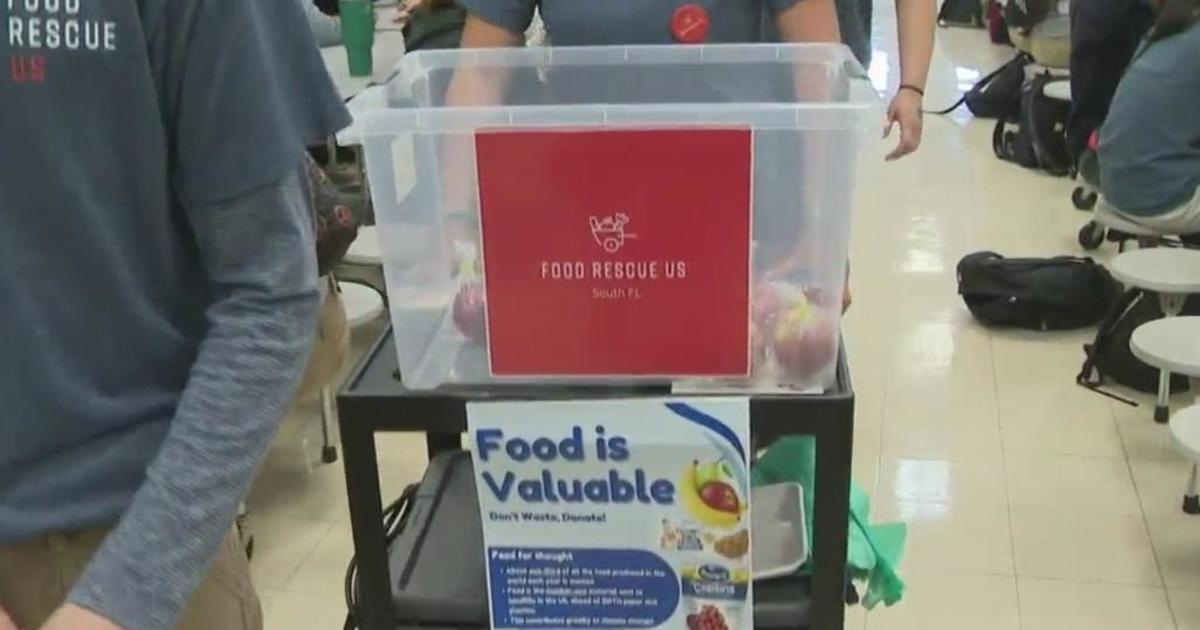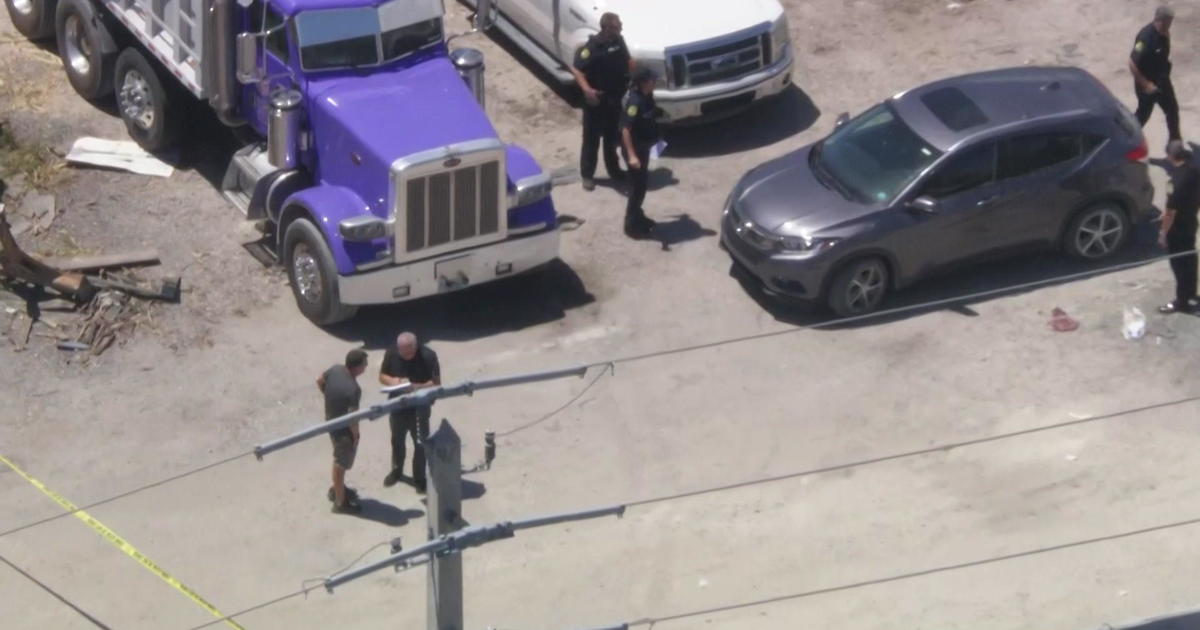Surviving gunshot wound may be the start of long emotional, physical journey for adolescents, experts say
HOLLYWOOD, Fla. -- Whether it's a shooting in a school, or on the beach there is a long list of shooting victims under the age of 18.
Dr. Oliver Lao, a pediatric trauma surgeon, has treated many patients and reveals gunshot injuries are never only as they appear on the surface.
"The projectile of the bullet can cause so much injury on the inside that you may not be able to tell from the outside," he said.
On Memorial Day, nine people were shot on the Hollywood Beach Broadwalk.
The Hollywood Police Department says those who jumped in to assist the gunshot victims helped to save lives. Lao says knowing how to stop the bleed can add critical minutes to a child survival.
"Whether that's a tourniquet, whether that's just holding pressure with your hand, that can save someone's life," he said.
However, it's the emotional and mental risk that adolescents are also faced with when they survive a shooting.
Dr. Daniel Bober, chief of psychiatry at Memorial Hospital, said most children don't form memories before the age of 3 years old.
He says infants and toddlers can't always communicate so a change in bowel or bladder habits could signal trauma, for children in that age group.
For young children and teens, changes in behavior may be a signal of trauma.
"Maybe they won't go to school because of a stomach ache, or maybe they'll say they have a headache," Bober said. "Or they somaticize symptoms, they don't talk about it them. They may get in fights at school, they might put holes in the wall, or bite other kids."
If it's not addressed, Bober says the trauma can manifest into trust issues and problems with people interaction in adulthood. Along with more serious health complications.
"Kids who deal with serious trauma can actually cause changes in their immune system via inflammation," Bober said. "And they can develop not only depression and anxiety later on but even obesity, heart disease, cancer, all from trauma that they have not dealt with."
The physical impacts to a child who has been shot vary case by case but there are areas of concern for doctors.
"There are also certain parts of the body, especially bones," Lao said. "For example, growth plates, that we want children to continue to grow. If a bullet or a projectile damages those growth plates that can damage a child long term."
Research shows that over 35 percent of parents that witness their child seriously injured can develop a stress disorder, according to Bober.
His advice to parents is to be open and never judgmental, and to seek professional help if the trauma begins to affect a child's daily function.



